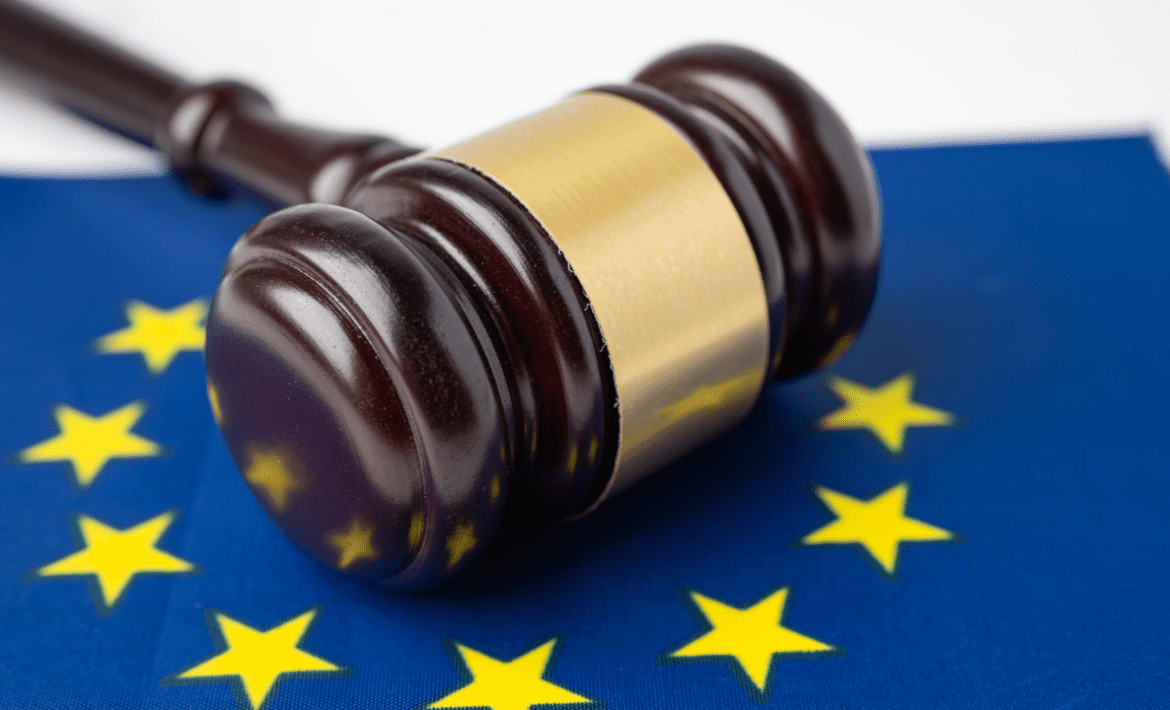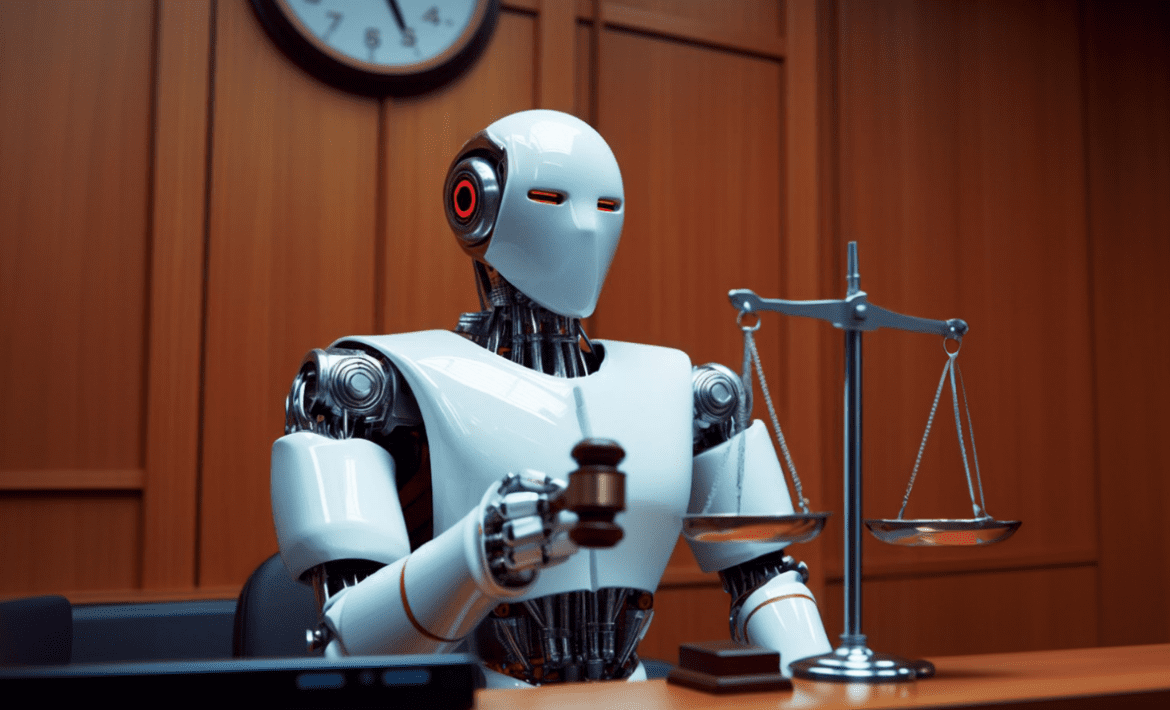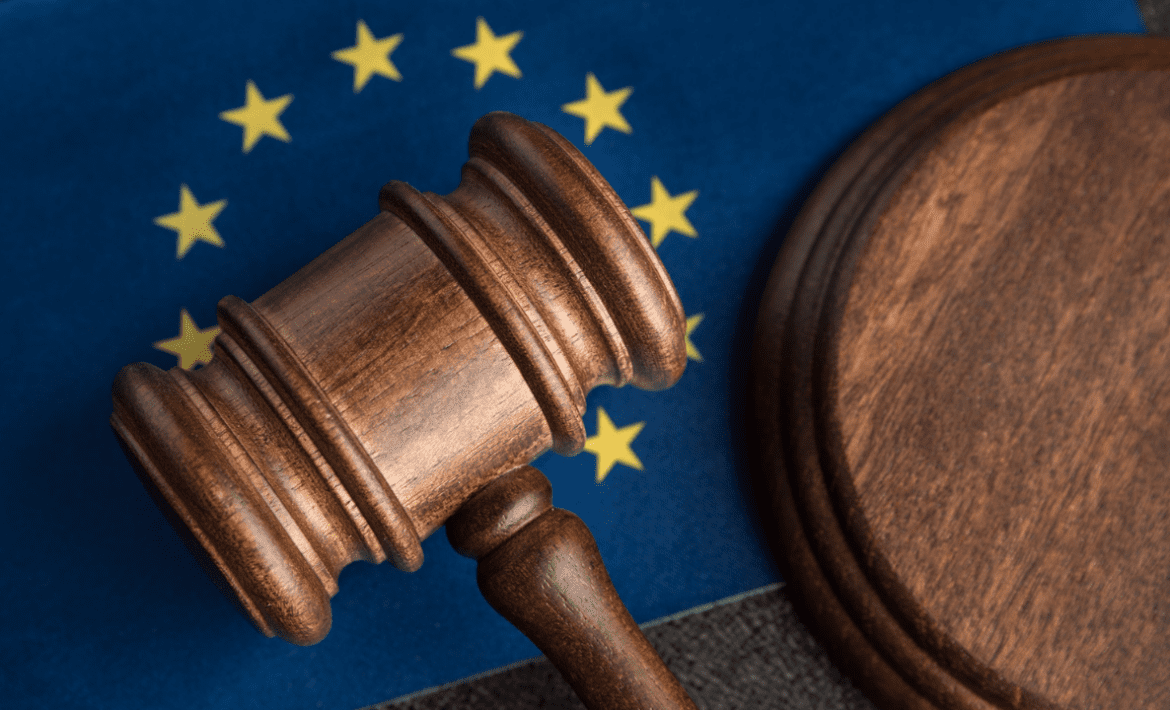Clearview AI faces a punishment from Dutch DPA for Illegal Facial Recognition Data Collection
Clearview AI faces a punishment of 30.5 million euros from the Dutch DPA for Illegal Facial Recognition Data Collection. Clearview AI faces a punishment of 30.5 million euros from the Dutch Data Protection Authority (AP) and up to 5 million euros in penalty payments. The US based company provides services using its facial recognition















